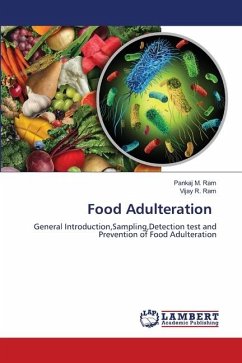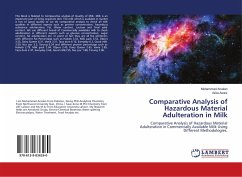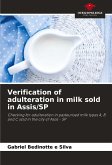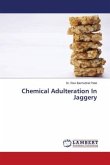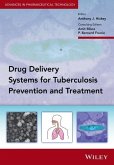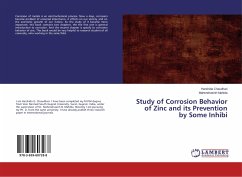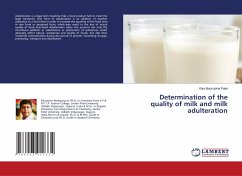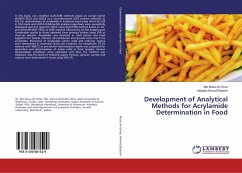Food adulteration involves the intentional addition of inferior, harmful, or unauthorized substances to food products for deceptive purposes or increased profits. This unethical practice compromises the quality and safety of food, posing health risks to consumers. Adulterants can include chemicals, dyes, preservatives, and contaminants, added to various food items. Motives for adulteration are often financial, leading to cost-cutting or product enhancement. Governments enforce measures such as quality standards and testing to detect and prevent adulteration, but it remains a persistent challenge. Addressing food adulteration requires ongoing efforts and collaboration between authorities, producers, and consumers.
Bitte wählen Sie Ihr Anliegen aus.
Rechnungen
Retourenschein anfordern
Bestellstatus
Storno

